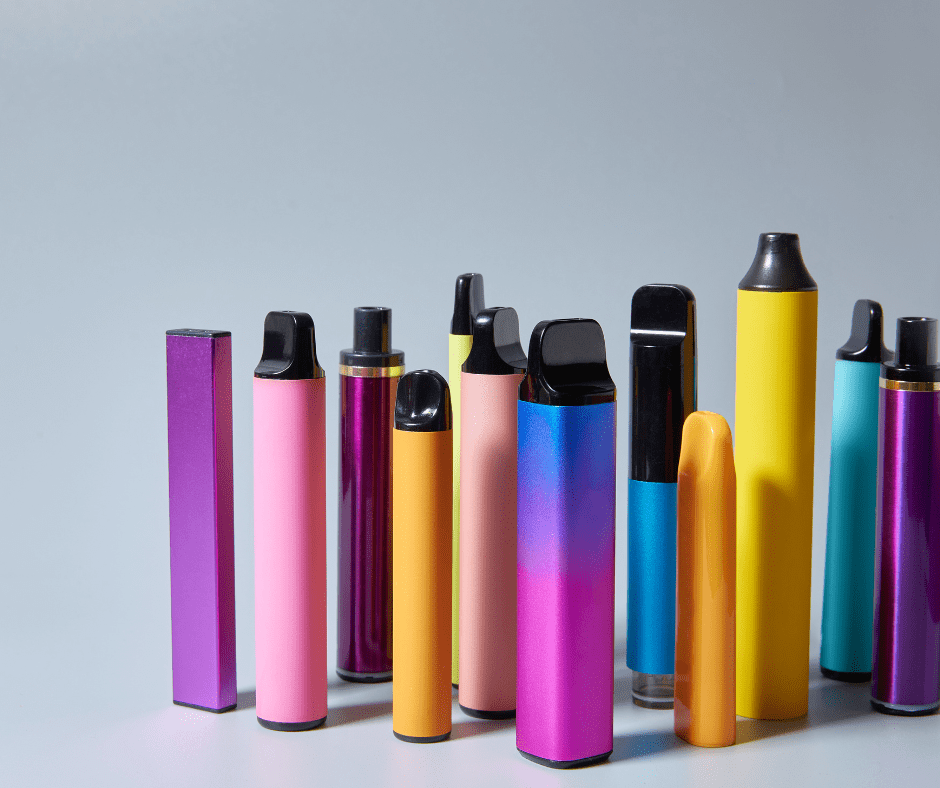More vapes than ever before are being found washed up on Britain’s coastlines, as plastic pollution continues to choke the nation’s beaches, according to the Marine Conservation Society (MCS).
The charity, which today launches its annual Great British Beach Clean (running 19–28 September), revealed that last year over 15,000 volunteers took part, carrying out more than 1,200 beach litter surveys. Findings from these efforts are painting a grim picture, one where plastic pollution is on the rise in worrying new forms.
Vapes, in particular, have seen a notable surge. Of the volunteers surveyed, 19% reported an increase in discarded vapes, while 26% found more fishing litter (such as nets and lines), and 11% noted rises in wet wipes and dog poo bags. In total, plastic items collected on beaches rose by 9.5% between 2023 and 2024.
With these trends emerging, the MCS is calling for urgent international action as the UN’s global plastics conference takes place in Geneva this week. Countries will be deciding on policies to combat plastic pollution.
“This continued presence of plastics on our coastline highlights the need for a circular economy in which consumers have more options and access to refillable and reusable products,” said a spokesperson for the MCS.
The data also highlights the power of policy. The number of plastic bags found littering beaches has fallen by 80% between 2015 and 2024, following the introduction of carrier bag charges. The MCS says this is proof that change is possible with the right legislative backing.
Volunteers, who meticulously log every item of rubbish they find, have become the eyes and ears of coastal conservation. Their data not only reflects environmental trends but also informs government policy. Previous findings have contributed to bans on single-use plastic items such as straws, cutlery, and, more recently, wet wipes.
Still, summer remains a high-risk period for beach littering. 74% of MCS volunteers noted a spike in pollution during the warmer months, driven by an influx of visitors and a lack of public awareness. Volunteers are calling for local councils and governments to step up by improving infrastructure, especially with more accessible bins on beaches.
The impact of beach litter isn’t just unsightly, it’s deadly. Wildlife is being harmed across the UK’s shores. Violet Fraser, a long-time beach cleaner from the Western Isles in Scotland, recounted finding birds’ nests woven with plastic. Meanwhile, Colette Edwards in Norfolk frequently discovers seals ensnared in abandoned fishing nets.
Despite the scale of the issue, the sense of community and purpose among volunteers remains strong. Isaac Kenyon, a participant in the beach clean, shared: “There’s something deeply grounding about standing on a shoreline and knowing that your small actions are part of something much bigger. Every piece of litter picked up is one less hazard for wildlife, one less piece of plastic in the ocean, and one small step toward a healthier planet.”



